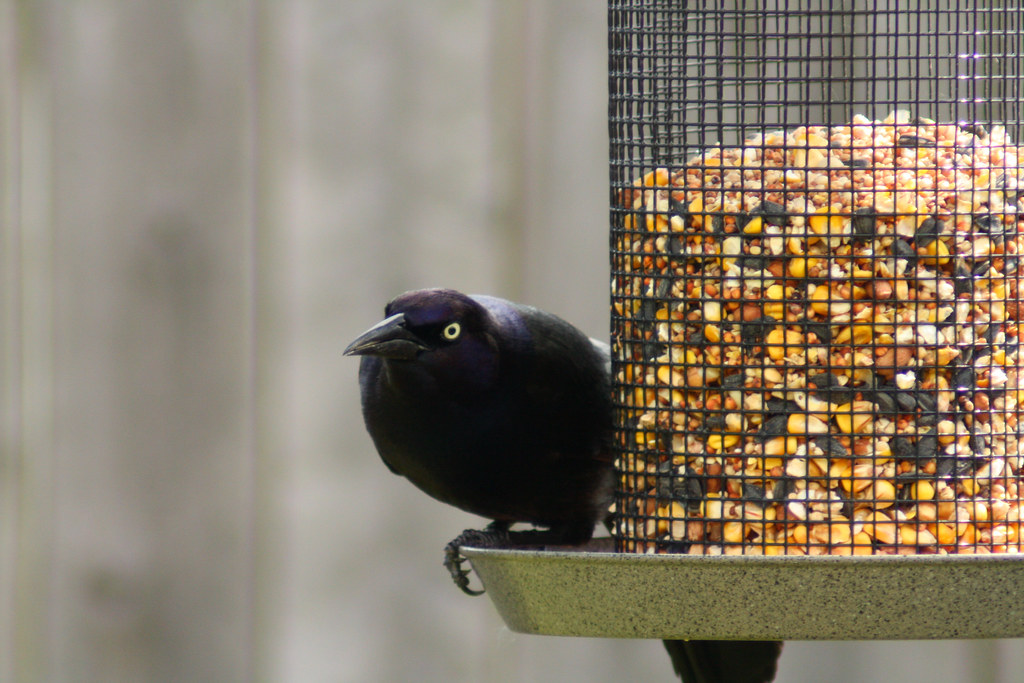Welcome back to our weekly reading roundup!
As long as you’re here, why not subscribe to the Global Comment podcast on iTunes or Soundcloud for interviews with thoughtful and creative people?
And hey: Much like public radio, we’re listener supported. If you enjoy our work, please consider supporting us with a one time or recurring donation.
Old Fight, New Front: AIDS Activists Want Lower Drug Prices. Now!
(Selena Simmons-Duffin for NPR)
AIDS activists — drawn from that older generation, and from a new one — are working again to bring down the prices of HIV medication. This time, the drugmaker is Gilead Sciences, and the drug is Truvada. It’s the only FDA-approved version of PrEP, which stands for pre-exposure prophylaxis, currently available commercially in the U.S.
The preachers getting rich from poor Americans (Vicky Baker for BBC News)
He estimates he gave about $20,000 to these operators over the years. A little here, a little there. A few years ago, he started tallying it all up. The list is like a who’s who of all the established players, including those who have made headlines for their lavish lifestyles – those such as Kenneth Copeland and Creflo Dollar, who have asked followers to fund their private jets.
Ill at Ease (Kelly Pendergrast for Real Life)
In most of the smooth fantasies I’ve looked at, automation (if there is any) is only a small part of what’s really going on. Instead, the “innovation” is to make the friction occur somewhere else, out of sight of the customer: disappearance as a different kind of magic. In this way, the cozy narratives and ease of use encourage the displacement of difficulty, stress, waste, trash, and trauma, onto other people and places. This displacement takes place at two major geographic scales: the regional, and the global and hugely distributed.
Born to Be Eaten (Eva Holland for Longreads)
After decades of campaigning by conservationists, ANWR as we know it today was born. The refuge was built on the strength of powerful words and lofty ideals. Its founders envisioned it as a place that would feed the soul of humanity worldwide. Simply by continuing to exist in its natural state, “where man himself is a visitor,” it would provide an example to the world of what once was.
House Un-American (Leslie Kendall Dye for Longreads)
I’d wanted to show him where I’d slept, where Albert had kept his typewriter, the second office where my cousins and my sister and I wrote up a monthly newspaper that we called The Engelberg Review, the trees on the patio underneath which the foxes scurried at night. In the evening, the line of the pool blended into the horizon, merging with the street lights on Sunset.
Photo: Shogun_X

